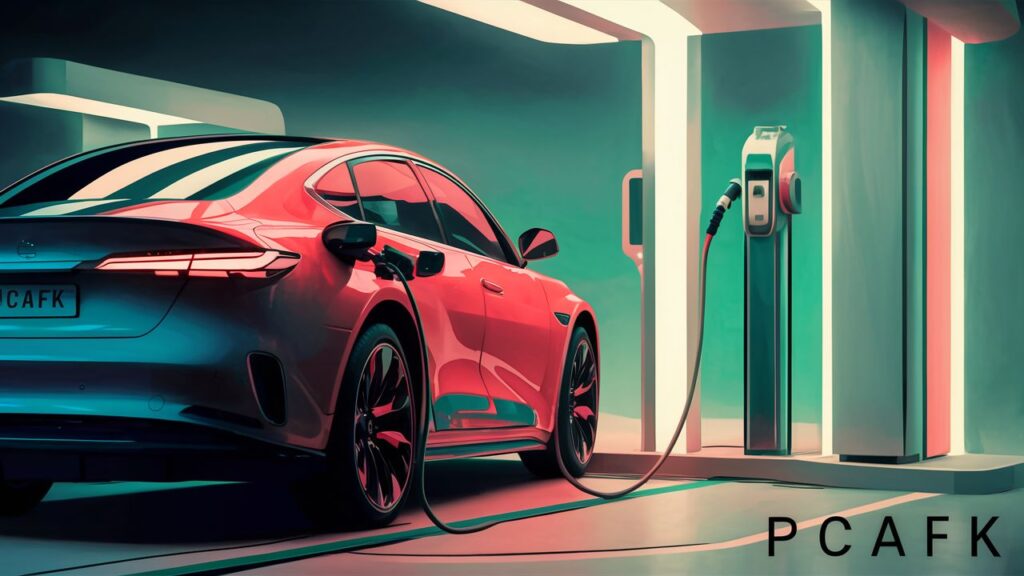The recent import duty concessions announced in the Changing EV Policy for Boosting Indian Market Without Hurting Domestic Players are projected to bolster the Indian electric vehicles market, according to a high-ranking government official.

Rajesh Kumar Singh, Secretary of the Department for Promotion of Industry and Internal Trade (DPIIT), emphasized that the government thoroughly considered the perspectives of all stakeholders when formulating the policy, ensuring a balanced approach in the public interest.
“We aren’t tailoring packages for specific entities. This is an inclusive initiative. The aim is to jumpstart four-wheeler e-car manufacturing in India with stringent value-addition norms, while permitting limited imports. Each company will be granted an annual import quota of 8,000 vehicles, capped at 40,000.
There’s a duty, albeit not zero,” he clarified to reporters. The government recently sanctioned an electric vehicle policy, offering import duty concessions to companies establishing manufacturing units in the country with a minimum investment of USD 500 million. This strategic move is aimed at attracting major global players like US-based Tesla.
Companies setting up manufacturing facilities for EV passenger cars will be permitted to import a restricted number of vehicles at a reduced customs duty of 15 per cent on cars priced at USD 35,000 and above, valid for five years. Currently, cars imported as completely built units (CBUs) incur customs duty ranging from 70 per cent to 100 per cent, based on engine size and CIF value below or above USD 40,000.
We aim to create a competitive framework where domestic manufacturers can thrive in this sector. “It’s not about diminishing existing market shares,” he clarified, noting that few cars are currently sold domestically in the USD 35,000 price range. Regarding discussions with US EV major Tesla, Singh stated that discussions occur with various entities, but they do not sway government decisions.
The policy isn’t tailored for any specific company,” he asserted. He further explained that the import concession is limited in scope and contingent upon stringent performance criteria. Singh highlighted that the customs duty for import prices up to USD 35,000 is 70 per cent, and beyond that, it rises to 100 per cent, making it one of the highest in the world.
